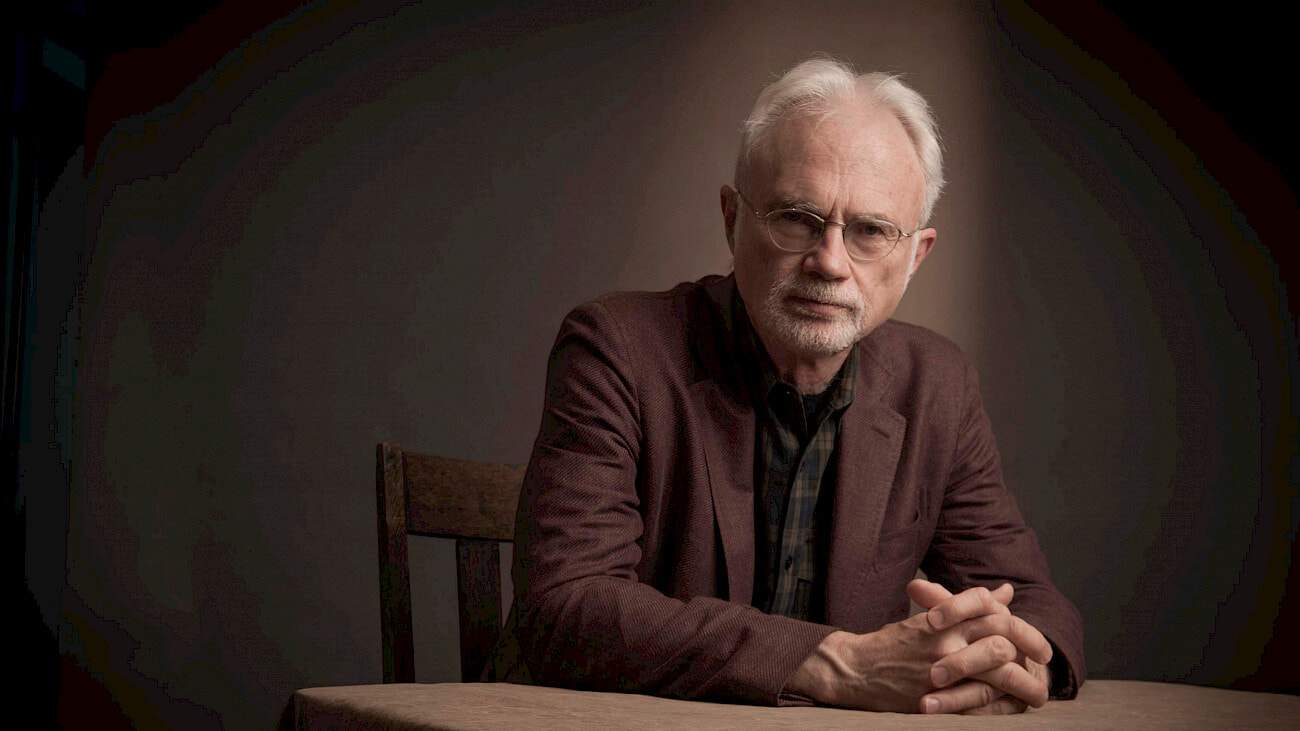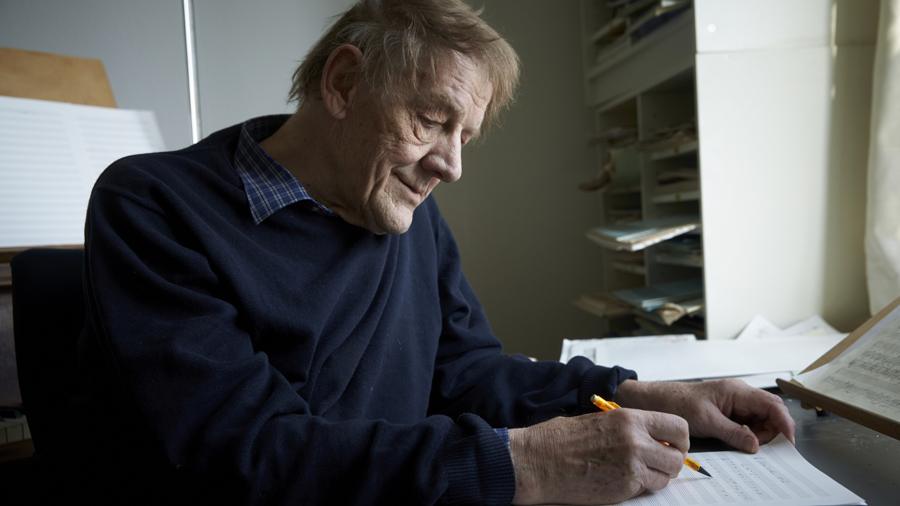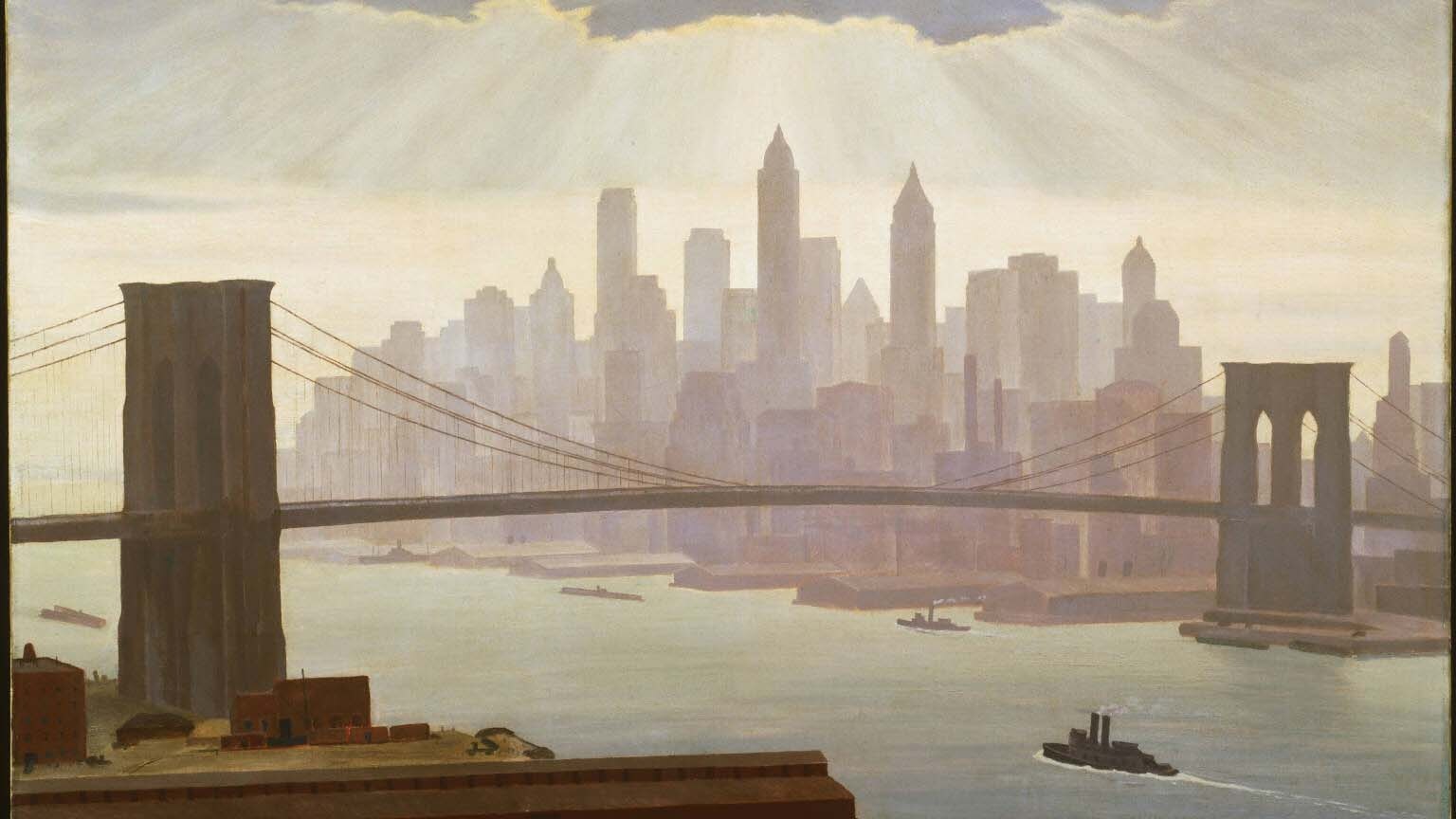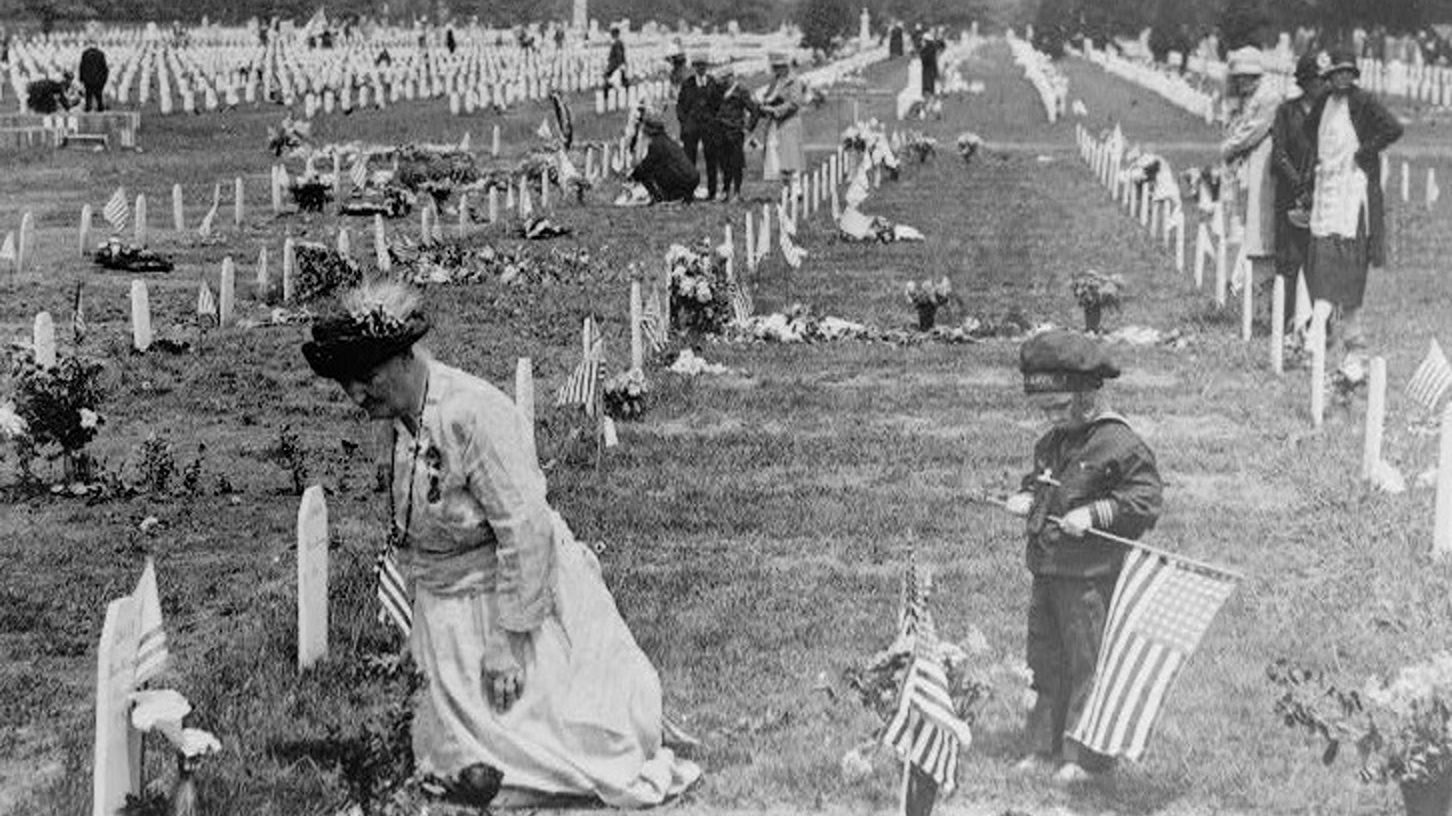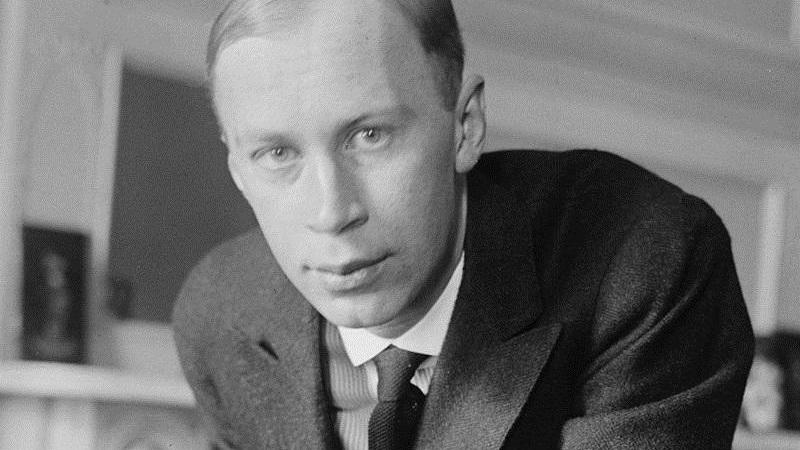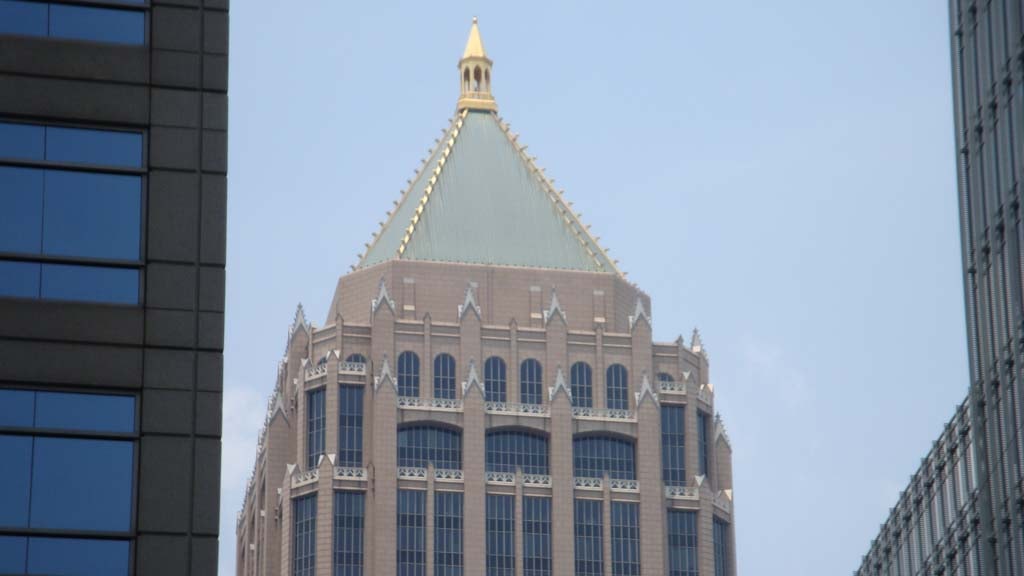John Adams’ “Harmonium”: A Choral Symphony on Donne and Dickinson
Harmonium, a towering choral symphony set in three movements, is one of the earliest major works of American composer John Adams (b. 1947). It was composed in 1980 for the opening season of Davies Symphony Hall, the home of the San Francisco Symphony. Following such pieces as Common Tones in Simple Time and Phrygian Gates, it is music which expands on the pulse-and-pattern Minimalism of Steve Reich.’ The titles of the three poems …

